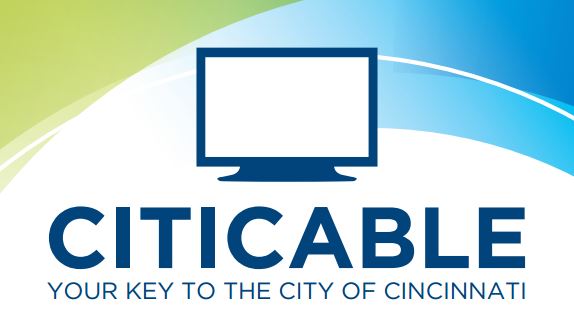Mayor & City Manager Announce Recommend 2024-2025 Biennial Budget
May 26, 2023
Today, Mayor Aftab Pureval and City Manager Sheryl M. M. Long announced the release of the Recommended FY 2024–2025 Biennial Budget at a press conference at City Hall.
The Recommended Budget totals $1.59 billion and includes a $1.28 billion Operating Budget and a Capital Budget totaling $302.9 million. As required by state law, all funds are balanced.
Budget documents are available on the City’s website at cincinnati-oh.gov/budget/budget-documents.
“We need to continue to deliver services that sustain, improve, and grow the City of Cincinnati,” said City Manager Sheryl Long. “I believe this budget will help us achieve our strategic objectives and prepare for future operating deficits, but without thoughtlessly slashing or increasing long-term operating expenses.”
“This budget is a reflection of the challenges and priorities of residents throughout our city. I’m extremely proud of our Administration’s hard work to move forward our strategic goals, plan for our financial future, and empower the voices of Cincinnatians,” said Mayor Aftab.
The Administration recognizes that the City’s finances are in a state of change, as the last of $280 million American Rescue Plan (ARP) funds are being spent, income tax revenue is projected to decrease, and apprehension about the national and global economies persists.
With those concerns in mind, the Recommended Budget aims to make impactful investments in five strategic areas that align with the Mayor’s and Council’s vision for the City, as well as implement budget-neutral and no-cost changes to make operations more efficient.
The five strategic areas are:
|
|
Public Safety & Health |
| Growing Economic Opportunity | |
| Thriving Neighborhoods | |
| Fiscal Sustainability | |
| Excellent & Equitable Service Delivery |
City Manager Long and Mayor Pureval highlighted several investments that epitomize the Recommended Budget’s focus on efficiency. These include an expansion of the Alternative Response to Crisis (ARC) program, which provides non-police responses to mental health emergencies and has returned 3,000 hours of work to police personnel in its pilot year; the creation of a new code enforcement task force in Buildings & Inspections, which will preserve property values by protecting tenants from poor housing conditions as well as drive revenue through citations; and an overhaul of the leveraged support process to require partner organizations to formally apply for access to City resources and report impactful results in order to continue being funded; among others.
The budget deliberation process — which includes Council discussion and community engagement sessions — will begin next week. Council will then vote to approve the final budget. The City’s fiscal year commences on July 1.




